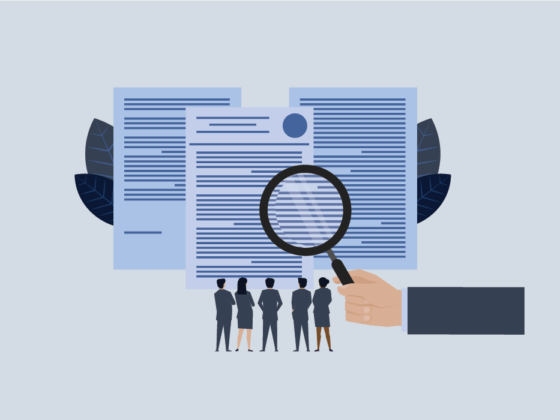If you read the thousands of articles, news releases, and scholarly papers published every year about eDiscovery, you’d think that electronic evidence was only important in jury trials.
The 2006 Amendments to the Federal Rules of Civil Procedure provided very clear guidelines for lawyers to follow regarding digital evidence in trial. e-Arbitration is a well-understood concept – resolving arbitration disputes online – but there is remarkably little talk about best practices for actually managing electronic evidence in this context.
As we have noted before, most legal battles today are fought in arbitration, not in trial. In arbitration, the rules of the game are limited discovery and speedier, more cost effectiveness disposition of a matter. In theory, at least. But even limited discovery can lead to unexpected turns, and lawyers have to be able to respond on the fly.
There are Codes of Arbitration Procedure contain rules that govern the discovery process, including making discovery requests, responding to such requests, objecting to discovery requests, and arbitrator authority to issue sanctions against parties for discovery abuses. In litigation, that process is a little easier to control, thanks to the updated Rule 26B meet and confer conference. That means more transparency, fewer surprises, and more certainty.
In arbitration, we’ve seen parties are much more likely to spring surprises- documents produced at the last second and evidence that hasn’t been reviewed by all parties. Given those facts, lawyers engaged in arbitration need to be able to access their entire document collection from mobile devices, search on the fly, redact, make callouts, edit, and create demonstratives as needed.
There is an Answer
Nextpoint is an on-demand, evidence management system accessible via any web browser. You can search, review, and edit your trial data whenever, wherever you need. You can even finish your trial preparations on your iPad or mobile device, using all of our advanced features to create streaming video depositions, transcripts, make redactions, or access any trial data you may need.
Arbitration is supposed to be less complicated than the courtroom by eliminating the need to make detailed presentations to a jury. But the reality is often just as complicated and on a much tighter timeline. Because arbitration is an accelerated process, you often have to respond to changes within hours.
Trial Cloud’s built-in presentation tools allow legal teams to generate and save document callouts quickly and easily. Your document set is available online, so you can search and find any document on your mobile device, working at the arbitration site if necessary. Experienced arbitrators know how to game the system for their clients. An old-fashioned trial management system that doesn’t work in the cloud is going to leave you on the losing side of that game.






